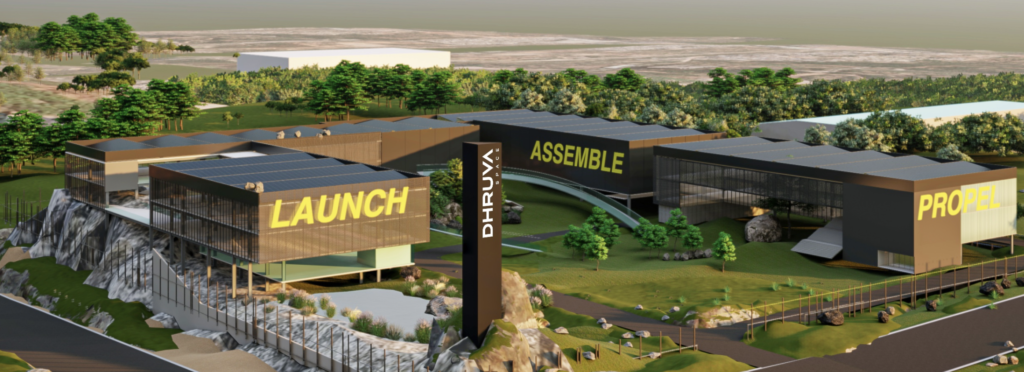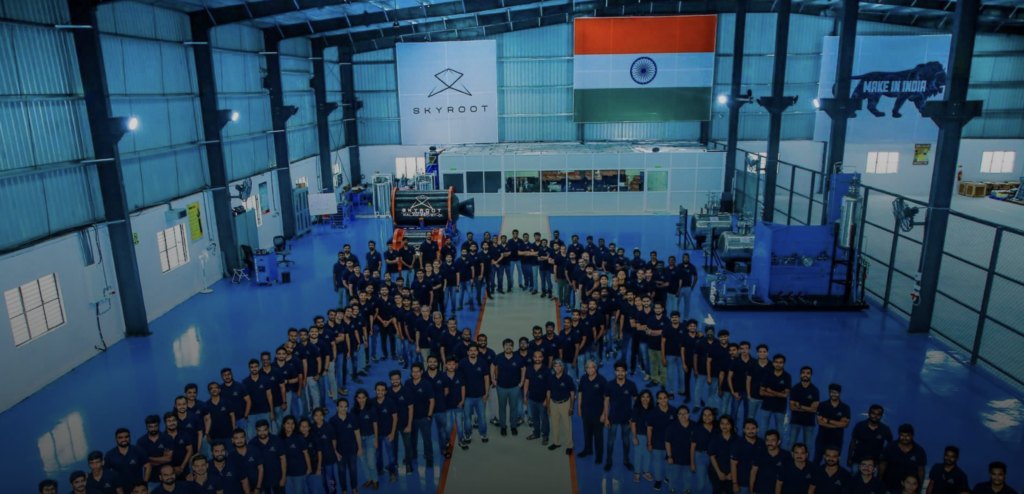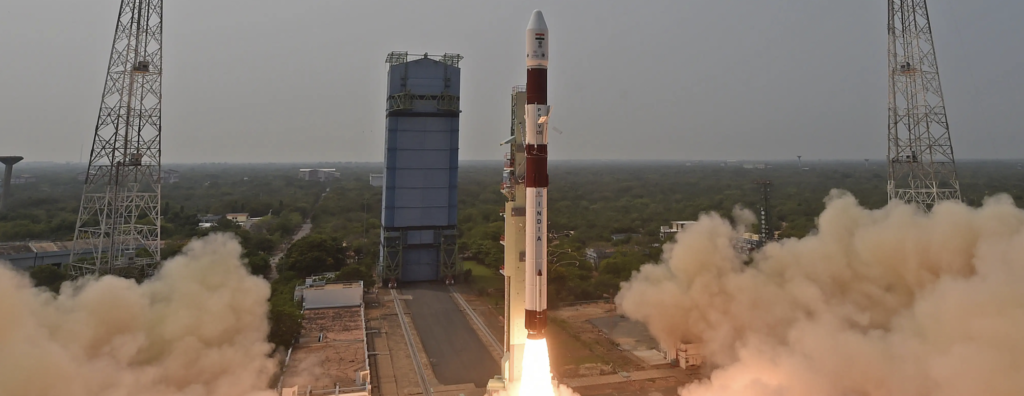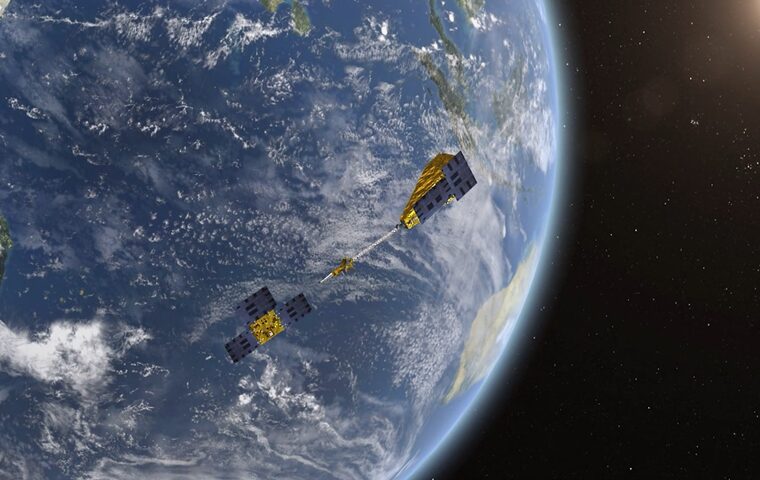Indian space startups: With the success of the Chandrayaan-3 mission, India has become the fourth country after the USA, Russia, and China to have successfully landed on the moon. This feat comes four years after the flop recorded in the last attempt and which makes the world’s most populous country emerge as a new space power. Not only because India demonstrated excellent technological capabilities by carrying out a risky landing in the area close to the Moon’s South Pole, a hitherto unexplored and strategically important area due to the presence of frozen water reserves and precious materials. Indian growth in the space field is also evidenced by the new global challenge, the launch of the first solar mission, Aditya L1, aimed at examining the sun’s outer layers.
Although the first space activities in the country date back to the 1960s, for a long time, Indian space programmes were a reflection of government will, with the Indian Space Research Organisation (ISRO), the country’s space agency operating under the Department of Space (DoS) long remaining the sole launch provider. The first major breakthrough came in 2020 with the opening up to private space companies, which was followed by the birth of the Indian National Space Promotion and Authorisation Centre (IN-SPACe), an agency that operates under the DoS and acts as a link between government and commercial companies, with the aim of promoting the advancement of national space activities. The final link in this chain has been the proliferation of startups specialising in the sector, which have helped to expand the size and visibility of India’s space economy.
Indian space startups
Another breakthrough year was 2022 when India completed the first private Skyroot launch and increased the number of satellites, attracting interest on a global scale. These milestones were also achieved thanks to the facilities provided by the Mori government, which waived the GST for space tech startups, laying the foundation for the growth of the sector and the increase in funding raised by young companies. Just under $205 million was the revenue raised by startups in the period between 2014 and July 2023. Last but not least, the market’s growth is also evidenced by the more than 100 startups that registered with ISRO in 2022 alone and Microsoft‘s decision to partner with the latter organisation to fuel the growth of the Indian space tech market.






Let’s look at five top startups that have helped boost the system’s share price.
Skyroot Aerospace
It made history because it was the first Indian private company to launch a rocket into space on 18 November 2022. Founded in 2018 by Pawan Kumar Chandana and Naga Bharath Daka, former ISRO members, the Hyderabad, Telangana-based startup specialises in launch vehicles and is developing three different inexpensive rockets to launch small satellites. The company says its rockets can be assembled and ready to launch within 48-72 hours (depending on the size of the load), with payload capacities of more than 500 kg. So far, Skyroot has raised $51 million.
Dhruva Space
In common with Skyroot is its headquarters, again in Hyderabad. Still, the one founded in 2012 by Sanjay Srikanth Nekkanti is a startup that provides full-stack space engineering solutions, building, launching and operating satellites. These are modular and customisable platforms that can adapt to different customer needs. It is among the most active in India, to the extent that it has also entered into agreements with two French companies.
Pixxel
The most popular Indian space tech startup, as it has attracted the attention and funding of giants such as Google and Accenture, was founded in Bengaluru in 2019 by Awais Ahmed and Kshitij Khandelwal. Unlike the other young companies, the focus here is on Earth observation, with constellations of small satellites equipped with hyperspectral sensors to see where other satellites cannot reach and provide a more detailed analysis of our planet’s surface. The goal is to discover, solve and predict climate-related problems such as crop health, gas leaks, water quality and deforestation. Currently, Pixxel has raised $71 million in funding.
Agnikul
Founded in 2017 in Chennai, it was among the first to enter into partnerships with ISRO and specialises in developing space launch vehicles. Specifically, the startup conceived by Srinath Ravichandran, Moin SPM and SR Chakravarthy is working on a rocket that is 18 metres tall, powered by seven engines and versatile enough to be arranged according to customers’ cargo needs (ranging from 25 to 100 kg). With part of the $34.8 million raised so far, Agnikul successfully completed the launch of a 3D-printed rocket engine last year.
Bellatrix Aerospace
Bellatrix Aerospace is dedicated to developing different types of thrusters and small satellite launch vehicles, such as Chetak, designed to launch satellites into low Earth orbit. Two years ago, it partnered with Skyroot to expand the customer base of both due to the ability of its vehicles to reach complex rocket orbits. Founded in 2015 in Bangalore by Rohan Ganapathy and Yashas Karanam, the startup secured $11.3 million and recently signed a contract with the government of Karnataka, India’s sixth-largest state, to set up a $76 million factory based on green propulsion technologies for small satellites.



